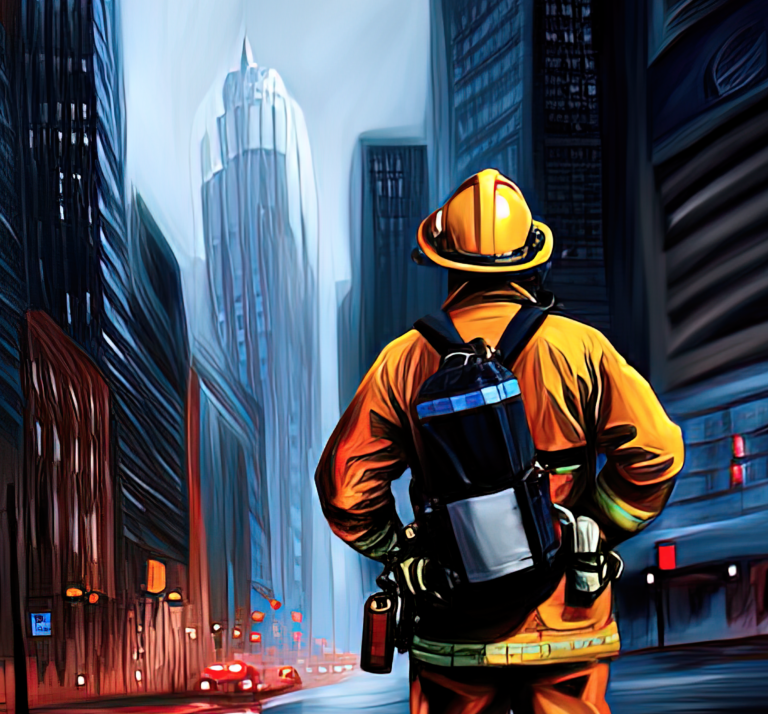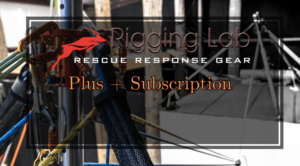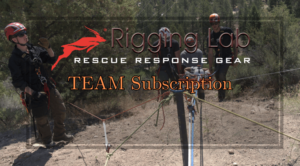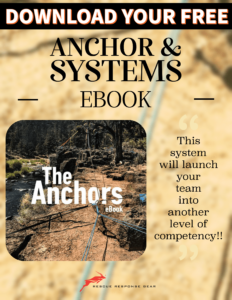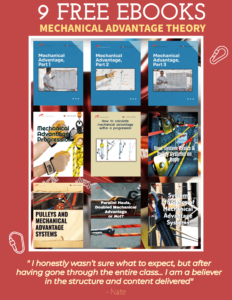Overcoming Resistance to Skill Improvement in Rescue Teams
In the demanding world of fire department rescue teams, one common challenge is a lack of enthusiasm among some members to improve their rescue skills. Addressing this issue is critical not only for the effectiveness of the team but also for the safety of the individuals they serve. Let’s break down potential reasons for this resistance and explore actionable strategies to reignite passion for skill development.
Why Does Resistance Happen?
- Lack of Motivation
- Observation: Some team members may not see the immediate value of skill enhancement.
- Solution: Implement a recognition and rewards system that celebrates skill improvement milestones. Highlight success stories of individuals who saved lives using newly acquired skills to inspire others.
- Complacency
- Observation: Experienced members may feel they already “know enough.”
- Solution: Offer advanced, scenario-based training that challenges seasoned professionals. For instance, introduce specialized techniques like advanced high-line systems or urban confined-space rescues.
- Inadequate Resources
- Observation: Training may be limited by a lack of equipment or funding.
- Solution: Seek external funding through grants or partnerships. Collaborate with nearby departments to share training facilities and resources.
- Leadership and Organizational Culture
- Observation: A lack of visible leadership involvement can demotivate team members.
- Solution: Leaders should actively participate in training sessions to demonstrate their commitment. Foster an organizational culture that values continuous improvement by openly recognizing team efforts.
- Time Constraints
- Observation: Busy schedules and rotating shifts make it difficult to attend training.
- Solution: Provide flexible training options, such as online learning modules or weekend workshops. Ensure training is accessible and not a burden.
- Burnout
- Observation: Repeated exposure to high-stress situations may leave team members feeling disengaged.
- Solution: Prioritize wellness programs to combat burnout and connect skill enhancement with personal resilience and well-being.
- Miscommunication
- Observation: Team members might not fully understand the importance of new skills.
- Solution: Clearly explain the practical benefits of skill improvement, such as better response efficiency and reduced physical strain during operations.
- Individual Attitudes
- Observation: Some members may resist change due to personal beliefs or habits.
- Solution: Host workshops showcasing real-life success stories where advanced skills directly saved lives. Encourage peer mentoring to change perspectives organically.
- Bureaucracy
- Observation: Lengthy approval processes can stall new training initiatives.
- Solution: Streamline decision-making processes and demonstrate the operational benefits of training to secure quicker buy-in from stakeholders.
- Perceived Job Security
- Observation: Some members may feel their skills are sufficient for job stability.
- Solution: Highlight how skill development can lead to promotions, specialized roles, or leadership opportunities. Show that advancing skills isn’t just about staying relevant—it’s about growth.
Building a Culture of Excellence
To create lasting enthusiasm for skill enhancement, fire departments should:
- Establish Clear Goals: Define what “excellence” looks like for the team and how training contributes to it.
- Encourage Peer Learning: Pair less experienced members with veterans for mentorship opportunities.
- Integrate Real-World Scenarios: Design training programs that replicate high-stakes situations to make learning engaging and relevant.
- Measure Progress: Regularly evaluate individual and team performance, providing feedback to show improvement over time.
Why Skill Improvement Matters
In rescue operations, complacency can lead to tragic outcomes. By fostering a culture of continuous learning, fire departments can ensure their teams are equipped with the latest techniques and the mindset needed to face evolving challenges. Every improved skill is another layer of safety for the rescuers and the people they serve.
Here are two links to relevant resources from Rigging Lab Academy and Rescue Response Gear to support the content:
- Rigging Lab Academy: Advanced Rescue Training Courses
Explore comprehensive training programs for fire and rescue teams, covering advanced techniques, equipment usage, and leadership development. - Rescue Response Gear: Professional Rescue Equipment
Find high-quality rescue gear and tools designed to support advanced rope rescue operations and skill development for emergency responders.
Peace on your Days
Lance

